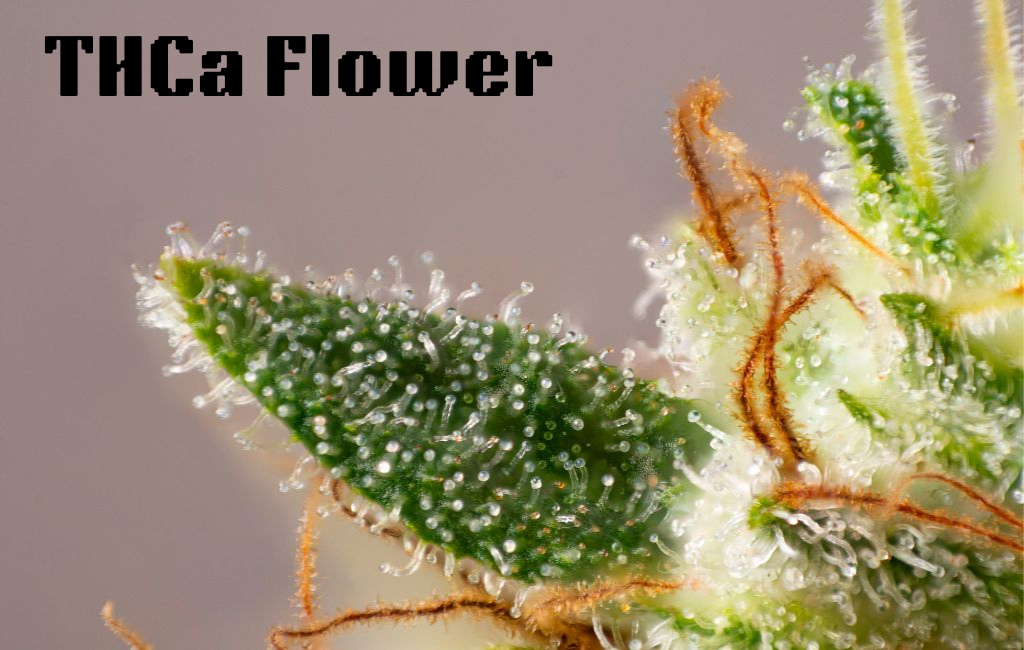THCa Flower Wellness Benefits Overview
In recent years, the interest in cannabis and its derivatives has surged, with many seeking natural alternatives for wellness. Among the various compounds found in cannabis, THCa (tetrahydrocannabinolic acid) has gained attention for its potential health benefits. Unlike THC, THCa is non-psychoactive, making it an appealing option for those looking to explore cannabis without the high.
Understanding THCa
THCa is a cannabinoid found in raw and live cannabis plants. It is the precursor to THC, the compound responsible for the psychoactive effects of cannabis. When cannabis is heated through smoking, vaping, or cooking, THCa converts to THC. This process, known as decarboxylation, is what gives cannabis its intoxicating properties.
In its raw form, THCa does not produce a high, allowing users to experience potential therapeutic benefits without psychoactive effects. This characteristic has made THCa a subject of interest in the wellness community.
Potential Health Benefits of THCa
Research into THCa is still in its early stages, but preliminary studies and anecdotal evidence suggest several potential health benefits:
- Anti-inflammatory Properties: THCa may help reduce inflammation, which is beneficial for conditions like arthritis and other inflammatory diseases.
- Neuroprotective Effects: Some studies indicate that THCa might protect brain cells, potentially offering benefits for neurodegenerative diseases such as Alzheimer’s and Parkinson’s.
- Anti-emetic Effects: THCa has shown promise in reducing nausea and vomiting, which can be particularly helpful for patients undergoing chemotherapy.
- Appetite Stimulation: While THC is known for increasing appetite, THCa may also play a role in stimulating hunger, which can be beneficial for those with appetite loss.
Case Studies and Research
While comprehensive clinical trials are limited, several studies and case reports highlight the potential of THCa:
A study published in the British Journal of Pharmacology explored the anti-inflammatory effects of THCa. The researchers found that THCa could reduce inflammation in animal models, suggesting potential applications for inflammatory conditions.
Another study conducted by the University of Guelph examined the neuroprotective properties of THCa. The findings indicated that THCa might help protect neurons from oxidative stress, a factor in neurodegenerative diseases.
In a case report, a patient with chemotherapy-induced nausea found relief using THCa-rich cannabis. The patient reported a significant reduction in nausea and an improved quality of life.
Consumption Methods
There are various ways to consume THCa, each offering different benefits:
- Raw Cannabis Juicing: Juicing raw cannabis leaves and flowers is a popular method to consume THCa. This method preserves the cannabinoid in its natural form, providing potential health benefits without psychoactive effects.
- Tinctures and Oils: THCa tinctures and oils offer a convenient way to incorporate THCa into daily routines. These products are often used sublingually for quick absorption.
- Topicals: THCa-infused creams and balms can be applied directly to the skin, providing localized relief for inflammation and pain.
Legal Considerations
The legal status of THCa varies by region. In some areas, THCa is considered legal as it is non-psychoactive. However, regulations can change, and it’s important for consumers to stay informed about local laws regarding cannabis and its derivatives.
Conclusion
THCa presents an intriguing option for those seeking the potential benefits of cannabis without the psychoactive effects. While research is still developing, early studies and anecdotal evidence suggest that THCa may offer anti-inflammatory, neuroprotective, and anti-emetic benefits. As interest in cannabis wellness continues to grow, THCa stands out as a promising compound worthy of further exploration.
For individuals interested in exploring THCa, it’s advisable to consult with healthcare professionals and stay informed about the latest research and legal developments. As the understanding of cannabis and its compounds evolves, THCa may play an increasingly significant role in natural wellness solutions.

